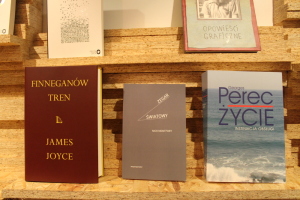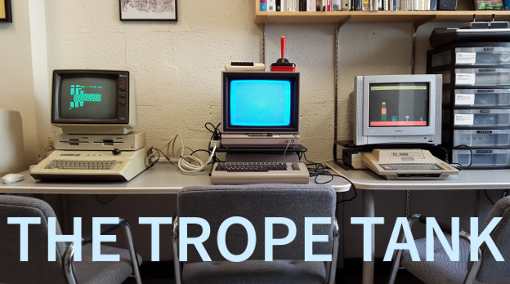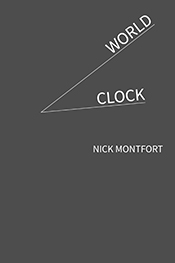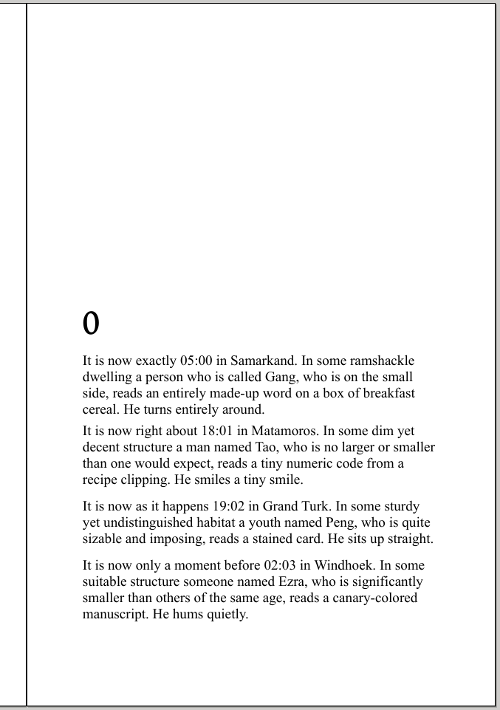A Glance at NaNoGenMo 2024
It’s already been a full month since the most recent
National Novel Generation Month (NaNoGenMo 2024). I surely should have written up some thoughts sooner. Other computer-generated texts have kept me busy, though!
The anthology I edited with Lillian-Yvonne Bertram, Output: An Anthology of Computer-Generated Text, 1953–2023, was published on November 5 and we’ve been going to discuss it, read from it, and hear people’s reactions. More information about Output can be found in my previous blog post, which I’m updating to reflect upcoming events.









